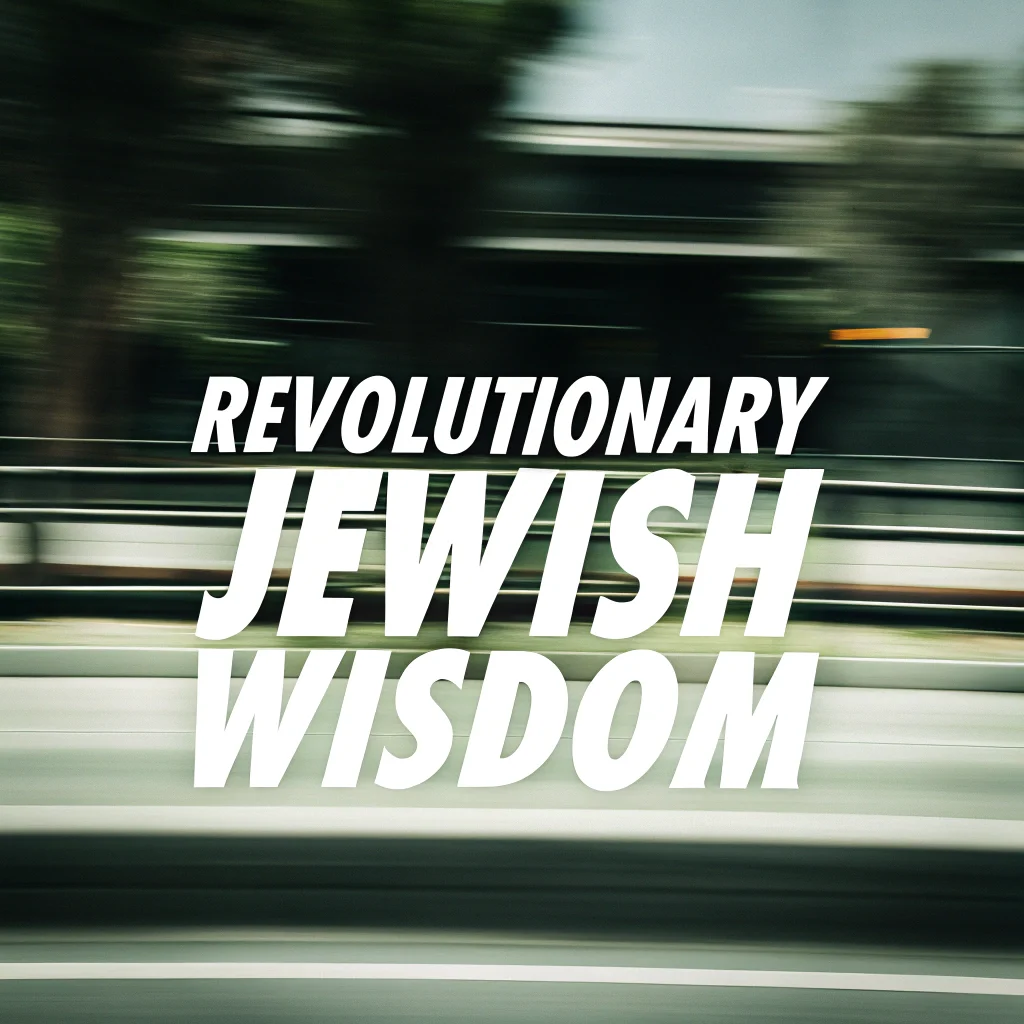Achieving True Perfection: The Connection Between Our Actions and Spiritual Transformation of the World
Every person has the power to transform the world through their daily actions. What if each of these actions has spiritual significance? What if everyday deeds can transform not only ourselves, but the entire reality around us? Let’s explore the remarkable wisdom that explains this interconnection.
How Our Actions Today Transform the World for Future Perfection
Imagine the world as an enormous stage where each of us plays an important role in a cosmic drama. Every action, every commandment we fulfill doesn’t simply remain in the past – it actively creates the future.
The perfection of the world in the Messianic era directly depends on our present actions. This isn’t just a poetic metaphor but a profound spiritual law: by fulfilling commandments now, we draw Divine light into the material world, gradually transforming it.
When a person performs a commandment, they draw the light of the Infinite (Ein Sof) from above downward, clothing it in the physical reality of our world. Think of each commandment as a channel through which higher spiritual energy descends and changes the very essence of matter.
Transforming Ordinary Objects to Transform the World
What happens to ordinary objects when we use them for spiritual purposes? Consider these simple examples:
- Parchment used for writing tefillin, mezuzah, or Torah scrolls
- Etrog (citrus fruit) used during the Sukkot holiday
- Money given to charity
All these items were initially ordinary material objects, subject to “klipat nogah” (an intermediate spiritual shell between purity and impurity). But when a person uses them to fulfill a commandment, their life force rises, transforms, and becomes included in the Divine light.
This is an amazing transformation: what was merely physical becomes a conduit for Divine presence in the world.
The Animal Soul as an Instrument to Transform the World
Each of us has two souls: divine and animal (vital). Interestingly, it’s the animal soul, which controls our body and physical actions, that plays a key role in fulfilling commandments.
When a person uses their animal soul to perform a commandment – whether through physical action or pronouncing words of prayer – this soul also becomes elevated and purified. Even to pronounce the sacred words of Torah or prayer, the divine soul must use physical lips, tongue, and teeth through the mediation of the animal soul.
The more effort we invest in fulfilling a commandment, the more energy of the animal soul is transformed and elevated. This explains the words of the psalm: “All my bones shall declare…”
Nourishment as a Spiritual Process
Here’s a fascinating concept: the energy we receive from food and drink can also be transformed and elevated. When the power of our animal soul, nourished by food, is used to fulfill commandments, even the food itself indirectly participates in spiritual elevation.
Food turns into blood, blood nourishes the body, the body performs commandments – and thus physical matter rises to the realm of holiness. This explains why in Judaism it’s so important that food be kosher: unsuitable food cannot be properly transformed into spiritual energy.
The Ultimate Goal: Transform the World Completely
When all souls of the Jewish people fulfill all 613 commandments of the Torah, the final transformation of the world will occur:
- The 365 prohibitive commandments protect the blood vessels of the animal soul from contamination by impurity
- The 248 positive commandments attract Divine light and elevate all parts of the animal soul
As a result, the entire material world, all of “klipat nogah,” will be freed from its impurity and become a dwelling place for the Divine presence. Then “all flesh shall see together” – a time will come when the Divine presence will become manifest to everyone.
The Special Power of Charity
Among all commandments, charity holds a special place. The sages say it is “equal to all the others combined.” Why?
When a person gives money to charity, they are essentially giving the energy of their entire animal soul. For earning this money, they applied all their strength and abilities. Thus, through a single act of donation, a person elevates a much greater portion of their animal soul than by performing many other commandments.
This is why charity “hastens redemption” – it accelerates the process of spiritual transformation of the world.
Torah Study – A Unique Path to Divine Unity
Despite the special power of charity, Torah study possesses its own unique quality. If other commandments are like the “organs” of the King, then Torah is the wisdom of the Creator Himself.
When a person studies Torah, they don’t simply fulfill a commandment – they literally “call” the Almighty to themselves, as one calls a friend or as a child calls their father to come to them. Torah becomes a channel of direct connection with the Divine.
This explains the words of the psalm: “The Lord is near to all who call upon Him, to all who call upon Him in truth” – and “truth” is the Torah itself.
Balance Between Study and Action
For all the greatness of Torah study, the sages emphasize: “The main thing is not interpretation, but action.” The ultimate goal is the transformation of the material world through concrete actions.
Therefore, if a person faces a choice between continuing their studies or fulfilling a commandment that no one else can perform, the law prescribes interrupting Torah study. For this very purpose – to transform the world from darkness into light – the soul descended into this world.
However, if others can fulfill the commandment, Torah study is not interrupted because of the higher level of unity with the Divine that it provides.
This article is based on Chapter 37 of “Likutei Amarim — Tanya” by Rabbi Shneur Zalman of Liadi, founder of the Chabad movement and one of the greatest Hasidic thinkers.
Afterword: This text has not been approved by any sage, Torah scholar, or rabbi and is merely a simplified adaptation of the sacred text for general understanding. For comprehension of true wisdom and a deeper understanding of the original text, you should refer to the sources.



